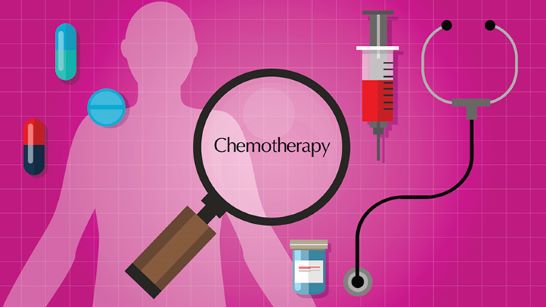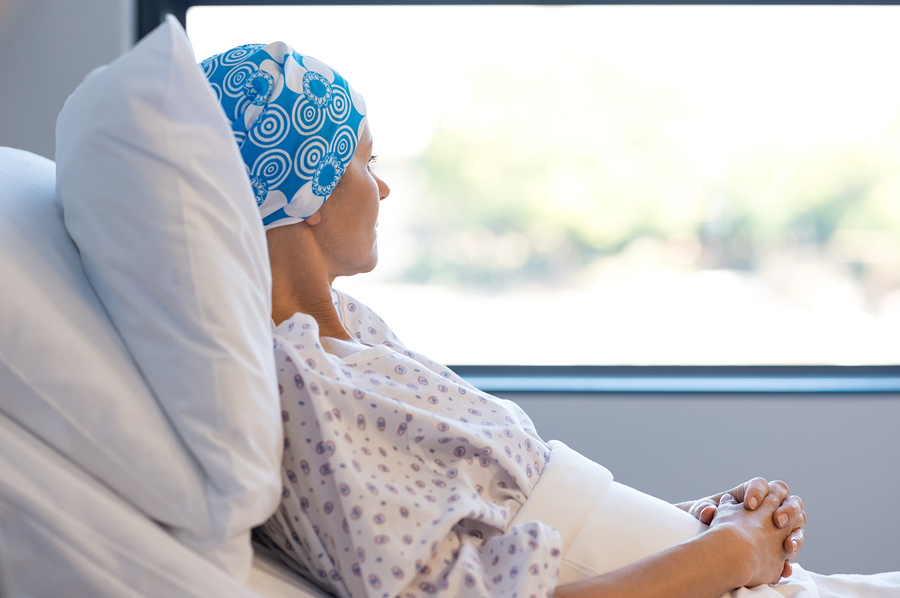What you need to know about chemotherapy: Chemotherapy, simply known as everything you need to know about chemotherapy, is a type of cancer treatment in which anti-cancer drugs are used to kill or slow the progression of cancer cells. It is different from other cancer treatments such as surgery and radiation.
Contents
everything you need to know about chemotherapy
Surgery involves the removal of a tumour from the affected part of the body by the surgeon, while radiation therapy involves focusing radiation beam at a certain area of the body to kill or damage cancer cells. These treatments are local treatments as they affect only a part of the body whereas chemotherapy is a systemic treatment that reaches to multiple sites.
What does it do?
Chemotherapy drugs work by:
- Preventing cell division
- Targeting the cancer cells enzymes and hormones that are needed for their growth
- Triggers apoptosis (or the death of cancer cells)
- Some newer treatment drugs are aimed at stopping the growth of new blood vessels (angiogenesis) that supply blood and nutrients to a tumour, resulting in their starvation.
Chemotherapy is an invasive method of treatment that may have some severe adverse effects during the therapy as well as some time after it. This is because the drugs used in this treatment target both cancer cells and healthy cells.
READ MORE: Early Pregnancy Symptoms First signs you Might be Pregnant Kidspot
What are the goals of a chemotherapy treatment?

If the cancer team has recommended chemotherapy as an option for treatment of your cancer. It’s important to consider the goals of a treatment when making treatment plan for a particular case. There are mainly three goals for use of chemotherapy in the treatment of cancer:
- Cure the disease by killing tumour cells
- Control the cancer by stopping their growth and tumour shrinkage
- Palliative care in case of advanced cancer stage
How long does chemotherapy last?
The doctor will design the treatment plan or schedule for an individual to specify the time and number of treatment sessions that are required for their treatment.
Typically, the course of treatment may range from a single dose on a day to a few weeks, depending on the type of cancer and its stage.
People who need more than single course of treatment session will need a rest period to allow their body to recover from previous session. This may include having treatment on one day, followed by rest for a week and then another one-day treatment session which is followed by a three-week rest period, and so on. This may be repeated several times depending on the patient’s condition.
The procedure can be rigorous and some people find talking to a counsellor about it helpful. It can be good for their mental and emotional health, and help them deal with cancer and chemotherapy.
How is the drug dose given?
Cancer patients receive chemotherapy in a clinic or hospital, but sometimes it can possibly be given at home. The best cancer hospitals in India have a separate chemotherapy unit dedicated to the treatment of cancer patients. People are given chemotherapy on a day-care basis at these units. Special nurses are available at these hospitals who are trained in administering anti-cancer drugs as per the prescribed qualities.
Ways of administering chemotherapy drugs include:
- Orally – given by mouth in the form of tablets, liquid or capsules
- Intravenously – given in the form of an injection or infusion
- Topically – on the skin
- In some cases, a person may be able to have the drugs at home, but they will still need to make regular follow-up visits to the hospital to have their health check-ups and track their response to the treatment.

The dose must be taken exactly as prescribed by the doctor and if a person forgets to take the medicine at the right time, they should inform their doctor immediately.
Sometimes, a continuous dose may be required. This means that the person may have to wear a pump which delivers the drug slowly and consistently for several weeks or months. The pump can be worn by the patient normally as part of their daily lives.
What else should you know
All chemo drugs does not cause hair loss with infusion chemo, the patient goes to the hospital for a few hours to get the treatment. Then, they may have days of side effects. This depends on the type of drug or combination of drugs they get. Side effects can vary for people, and may include aches and pains, diarrhoea, nausea, vomiting, and hair loss. With some drugs, there can be a problem of mouth sores as well as loss of appetite, taste or smell, or all three.

